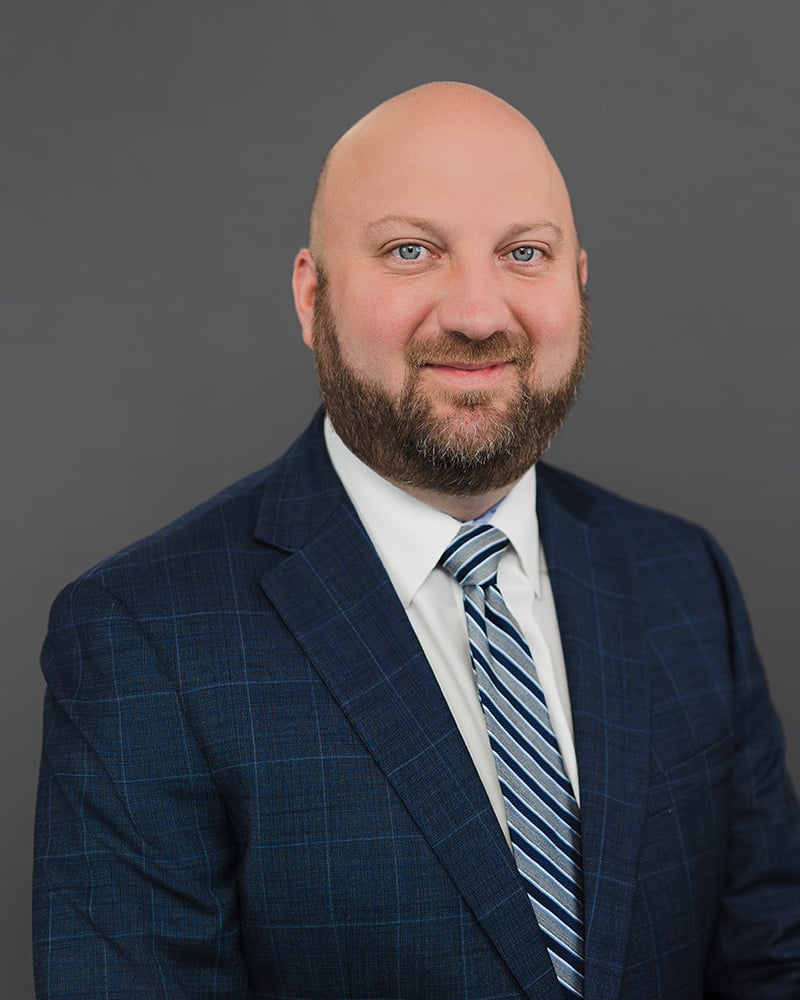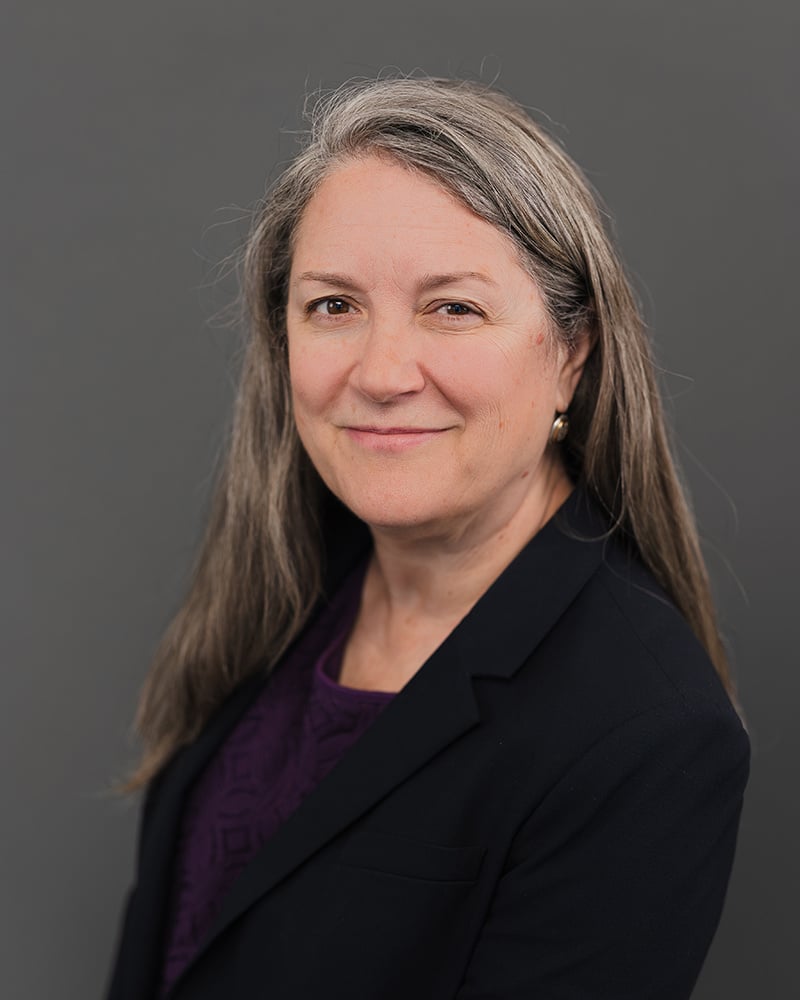03-31-2025 |
2025 Government Relations Legislative Update - Week Eleven
By: Matthew H. McKinney, R.G. Schwarm & Julie A. Smith

Capitol Update
This Week. The days to the next funnel are dwindling. This week the Senate passed 30 bills on the floor and the House passed 49. Most of those bills will have to be pushed through the Committees on the other side by next Friday, April 4 or they will be ineligible for further consideration this session.
New Representative Blaine Watkins (R) took the Oath of Office on Monday. Rep. Watkins won a special election to finish the term for the late Martin Graber (R). Rep. Watkins, who represents House District 100 has the distinction of being the youngest member of the House at the age of 23. He serves on the Judiciary and Local Government Committees and the Health and Human Services Appropriations Subcommittee.
In a sure sign that Spring is just around the corner, the legislature was visited Wednesday by the Pella Tulip Court. The Tulip Queen and Court were introduced in both the House and Senate and a few lucky people were able to partake of a Dutch Letter.
On Wednesday, the House passed SF 22, the hands-free bill, by a vote of 89-11. With very little debate, the House substituted the Senate bill in place of the House bill and passed it. The next step is the Governor’s signature. The bill prohibits the use of an electronic device while driving - other than use of a device in a “voice-activated or hands-free mode.” The bill allows for warning citations to be issued until January 1, 2026. Beyond that date, a violation is considered to be a moving violation and is punishable with a scheduled fine of $100. The bill provides for enhanced penalties for violations causing a serious injury or death. For a detailed analysis of what is in the bill, please see BW’s Week 10 newsletter.
The Senate passed HF 782, the Governor’s policy to limit the use of cellphones in schools during instructional time. The bill, which passed the House on March 18 by a vote of 88-9, was amended in the Senate and sent back to the House for further approval. The bill requires the Iowa Department of Education to develop and distribute model policies governing the use of electronic devices. The Senate Amendment, S-3042 requires those policies be developed by May 1, 2025. The bill would require that policies be adopted for the school year starting July 1, 2025 and allows for schools to adopt more stringent policies. The bill also requires the Department of Education and Department of Public Safety to consult for potential revisions to the schools’ “high-quality emergency operation plans” in light of the bill.
Policies must meet all of the following requirements:
- Determine what electronic devices will be used for instructional purposes;
- Identify ways for a parent or guardian to communicate with a student during school hours or extracurricular activities;
- Identify methods for communication during emergency situations;
- Protocols for secure storage of student’s devices;
- Specify discipline for student violations;
- Develop a process for students to be allowed access if legitimate reasons relate to students’ physical or mental health; and
- Allow students with individualized education plans to maintain access if plans so require.
A subcommittee consisting of three lawyers, chaired by Representative Brian Lohse (R) met on Tuesday to discuss an issue that is becoming more paramount - the lack of attorneys practicing in rural areas. HF 209 creates the rural attorney recruitment assistance program. The bill requires the college aid commission to establish a program to assist rural counties and municialities to recruit attorneys. Eligible counties or municipalities must have a population of less than 26,000 and be located more than 20 miles from a city with a population of at least 50,000. An attorney who agrees to practice in the county or municipality for five years, receives an incentive payment in five equal annual installments, equal to 90% of the UI Law School tuition and fees. Attorneys must also agree to become a contract attorney with the State Public Defender and participate in the volunteer lawyers project. A city or county must agree to pay 35% of the assistance amount. The program is limited to 5 attorneys in the first year and a state appropriation will be required to implement the program.
Property Tax Subcommittees. Both the House and Senate held subcommittees to discuss their respective property tax bills on Wednesday. The subcommittee for HSB 313, chaired by Ways and Means Chair Bobby Kaufmann (R) heard from various business and taxpayer groups, and local governments, including schools. At the end of the House Subcommittee, Kaufmann announced that the bill is a “work in progress” and that he really wanted to get as much information as possible from all interested parties. He announced that the bill would not come before the House Ways and Means Committee for two more weeks to allow as much time for input as possible. Groups went from the House to the Senate to participate in the Senate Subcommittee, which started shortly thereafter. SSB 1208 was chaired by Senate Ways and Means Chair, Dan Dawson (R). The Senate subcommittee heard from the same groups. Most entities are registered Undecided on the bill with groups trying to work through the numbers and figure out the impact of the bill.
In the Know
Herbert Hoover 2025 Awards. In 2007, the Herbert Hoover Presidential Foundation established the Herbert Hoover “Uncommon Public Service Award”. The award is to honor legislators who demonstrate uncommon service to the people of Iowa whose service is deemed to be above and beyond their legislative responsibilities. Each year, one Senator and one Representative are given the award. The Senate President announced this year’s award recipient, Majority Leader Jack Whitver, Senate District 23. Representative Bobby Kaufmann who represents the district in which the Herbert Hoover Presidential Library is located read House Resolution 12 which designated the award recipient as Representative Kenan Judge, House District 27. For a list of past winners, click here.
The Uncommon Public Service award was Inspired by a speech that Hoover delivered in 1948 in which he stated “Let us remember that the great human advances have not been brought about by mediocre men and women. They were brought about by distinctly uncommon men and women with vital sparks of leadership. Many of these great leaders were, it is true, of humble origin, but that was not their greatness.”
Herbert Hoover was the 31st President of the United States. During WWI Hoover was the Chairman of the Commission for Relief in Belgium, an organization that provided food for more than 9,000,000 Belgian and French civilians trapped behind the front lines. He is credited with saving millions of people from starvation. He served as Secretary of Commerce from March 5, 1921 to August 21, 1928, when he resigned to run for President. To date, he is the longest serving Commerce Secretary in U. S. history. For more information about the Herbert Hoover Foundation and Presidential Library located in West Branch, Iowa, click here.
Scene on the Hill

March 26, 2025: Stakeholders pack a conference room for a subcommittee meeting on the property tax bill (SSB1208).



